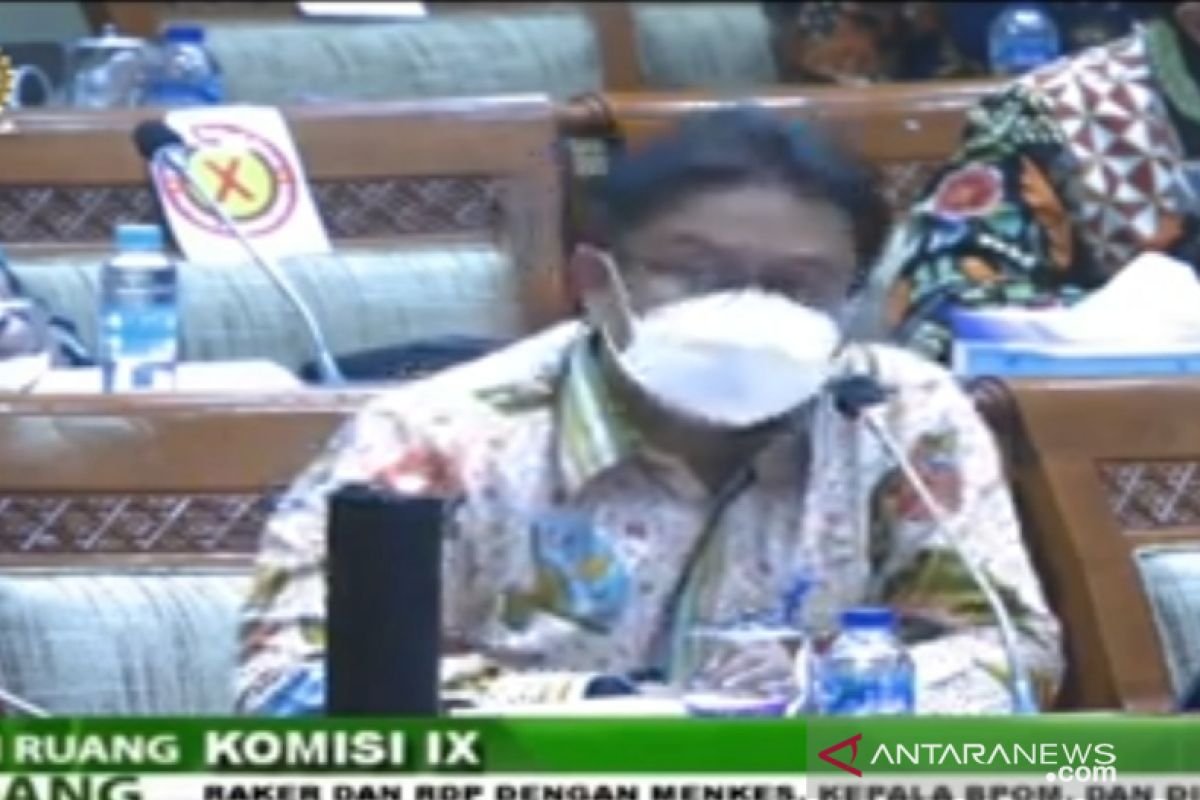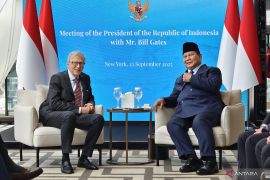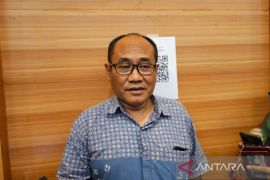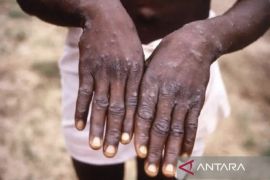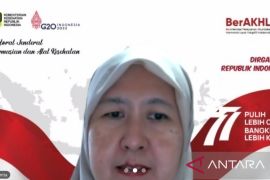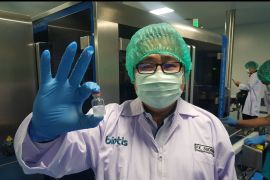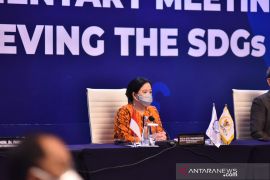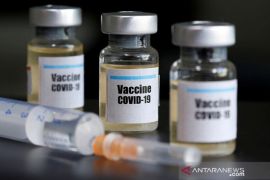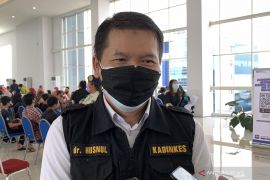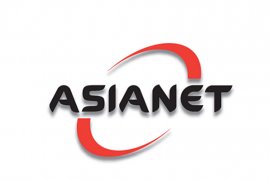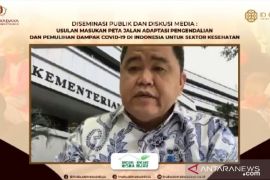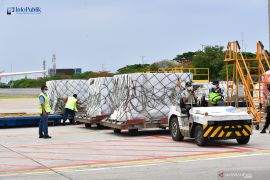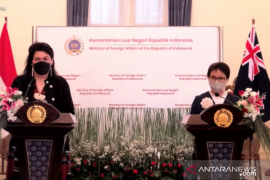"Hence, the (arrival) schedules of 100 million doses of vaccine until now are somewhat uncertain," Sadikin remarked during a hearing with the House of Representatives (DPR) here on Thursday.
Indonesia expects to receive vaccines through duo mechanisms, with the first being via a multilateral mechanism with GAVI for the provision of 54 million doses for free and the second being to import 50 million doses of the AstraZeneca vaccine through a bilateral mechanism between Bio Farma and AstraZeneca.
GAVI is an international vaccine alliance that offers free vaccines to eligible nations.
"The first problem concerns COVAC/GAVI owing to the embargo imposed by India, as the largest supply of the AstraZeneca vaccine is from that country. Hence, obstacles are being experienced," Sadikin noted.
GAVI-COVAX is a vaccine produced by the Global Alliance for Vaccine and Immunization (GAVI), in collaboration with alliance partners of the United Nations Children's Fund (UNICEF) and the World Health Organization (WHO).
The minister noted that GAVI had reallocated the vaccines. Indonesia had received merely one million doses of the vaccine as opposed to the scheduled 11 million doses of the vaccine during the March-April period, while the rest had been postponed until May.
Related news: Indonesia pushes vaccine multilateralism at D-8 meeting
"They have also not been able to provide any confirmation. Hence, it is uncertain, and that was two weeks ago," he remarked.
Last week, his party had also obtained information of a change in receiving the AstraZeneca vaccine through a bilateral mechanism.
"According to the latest information we received from Astrazeneca, which was originally planned (to supply) all of them in 2021, only 20 million doses of the vaccines will be delivered in 2021, and the delivery of 30 million doses of the vaccines are postponed until 2022," he remarked.
On the occasion, the health minister additionally noted that out of the 160 countries in the world, only five nations produce their own vaccines: the United States, China, India, Britain, and Russia.
"Some of these countries have implemented a policy of not releasing vaccines produced in their countries. Hence, if we look at the fact, it is a competition for vaccines by all countries, except for those five nations," Sadikin noted. Related news: Medan city govt secures 60,000 vaccine doses for senior citizens
Translator: Zubi Mahrofi, Fardah
Editor: Rahmad Nasution
Copyright © ANTARA 2021
